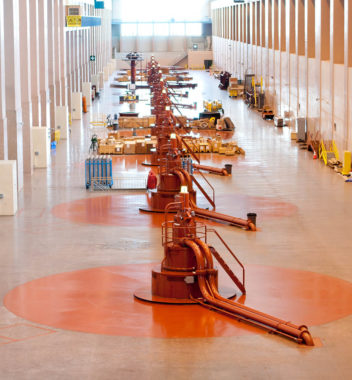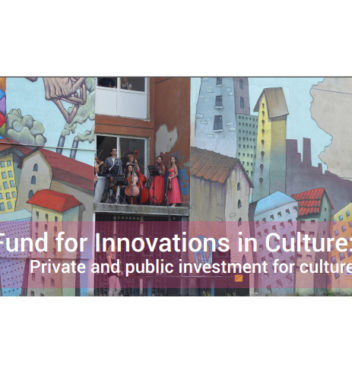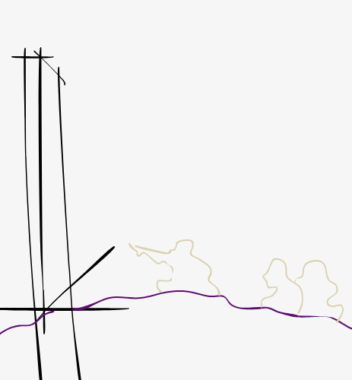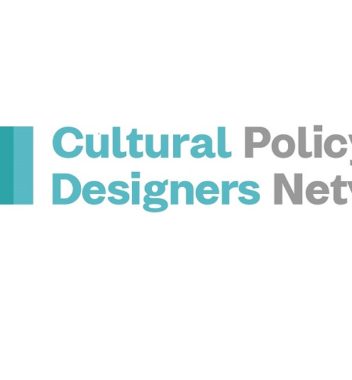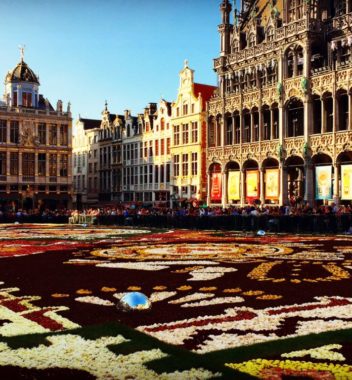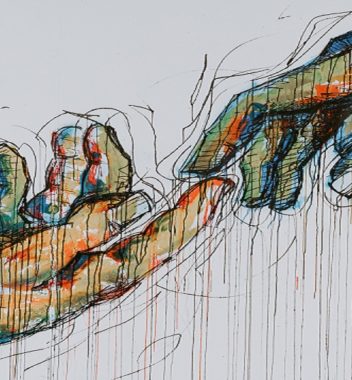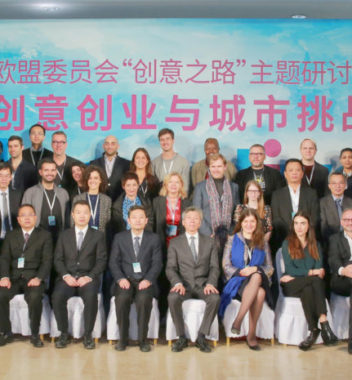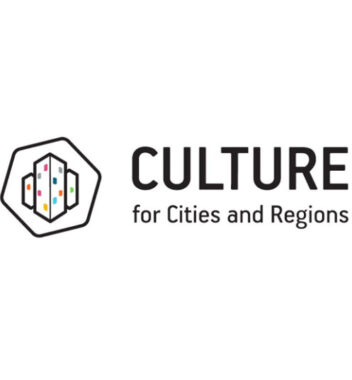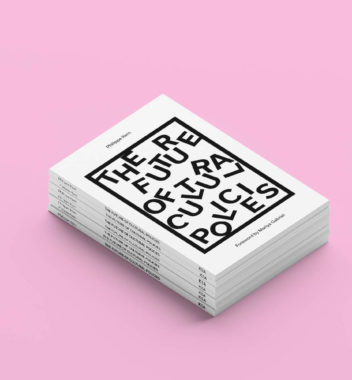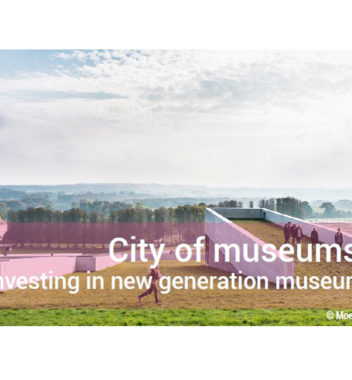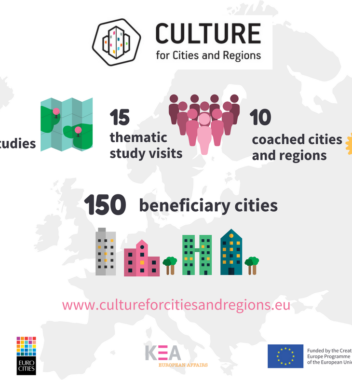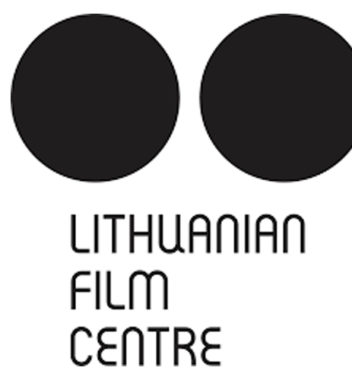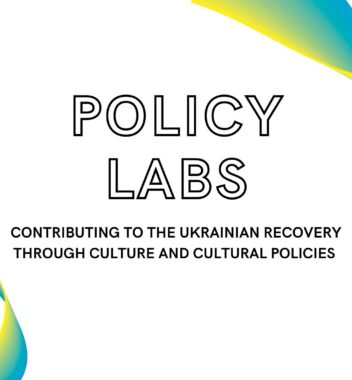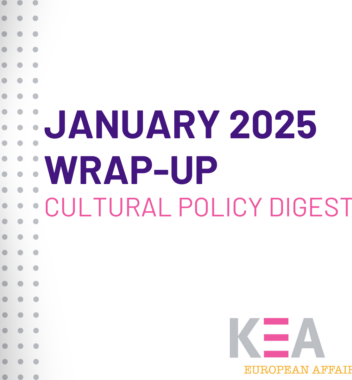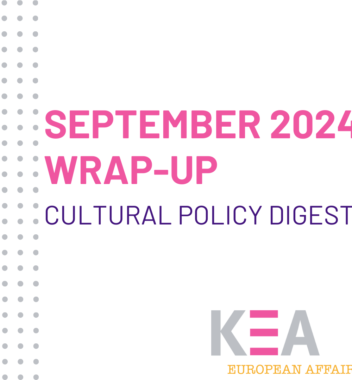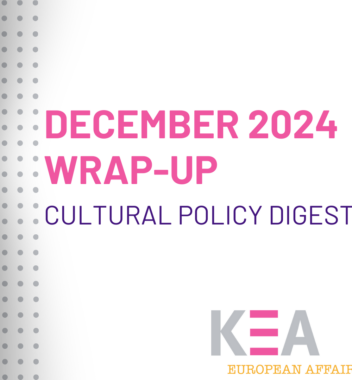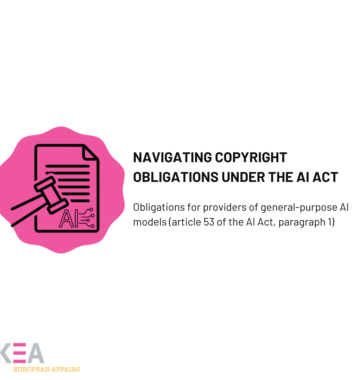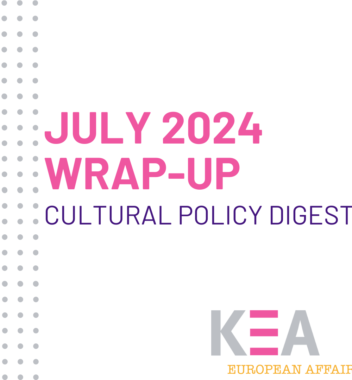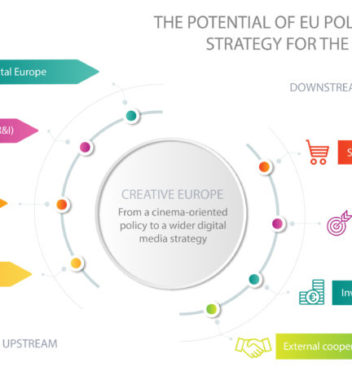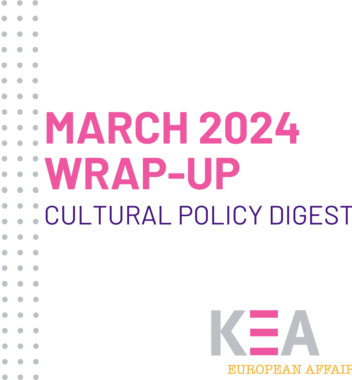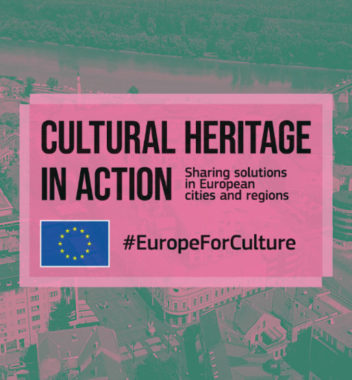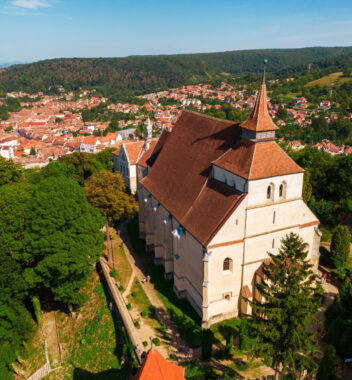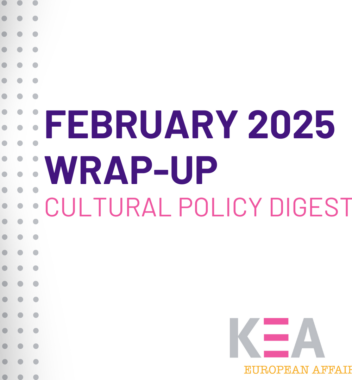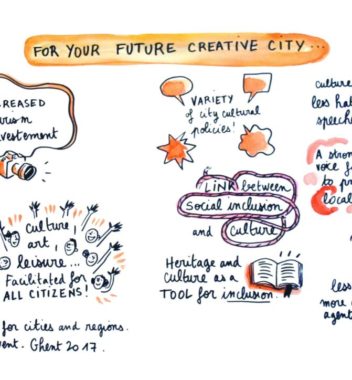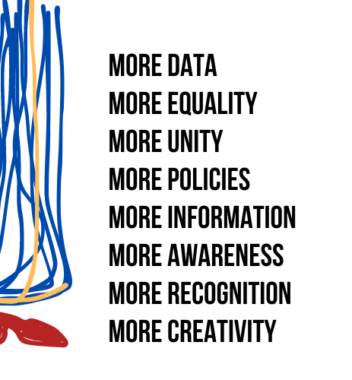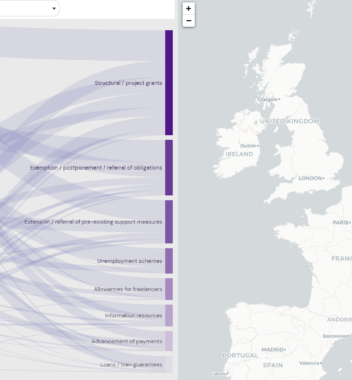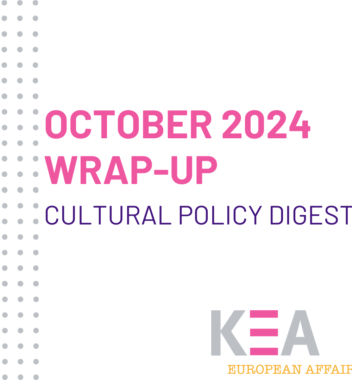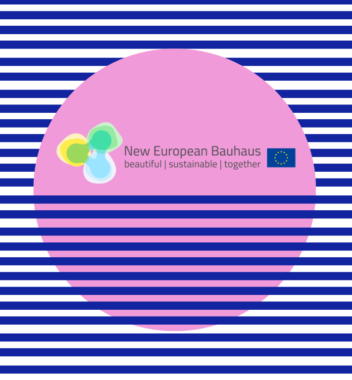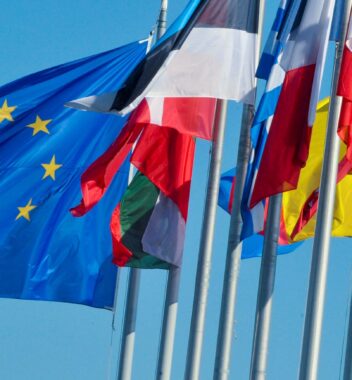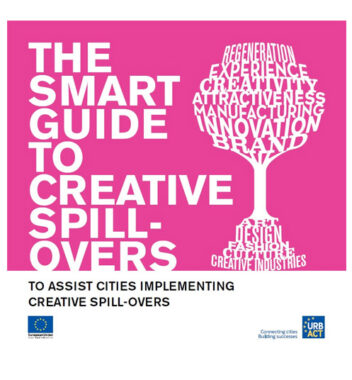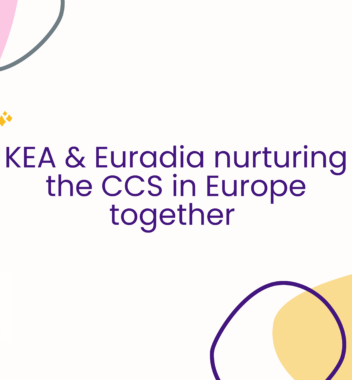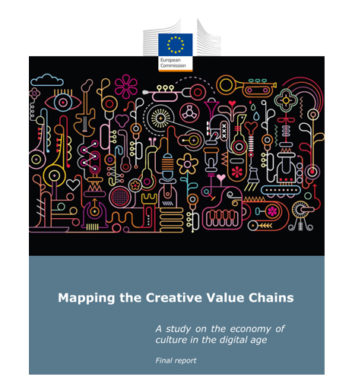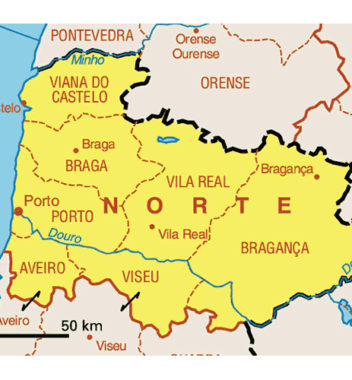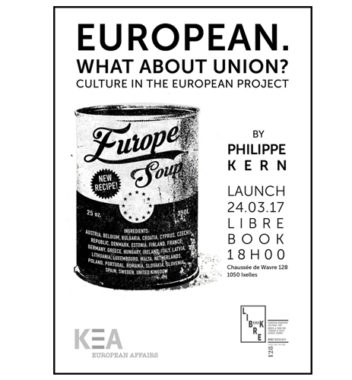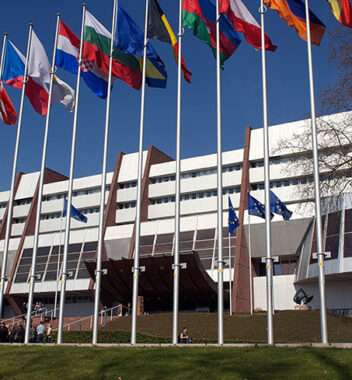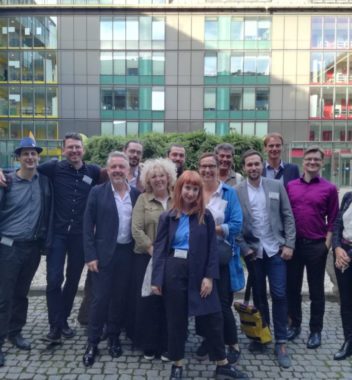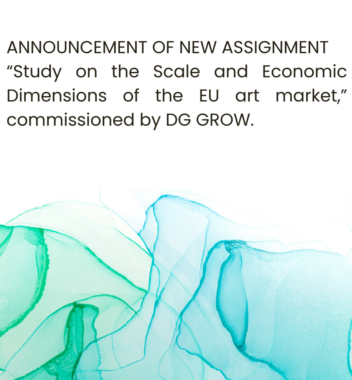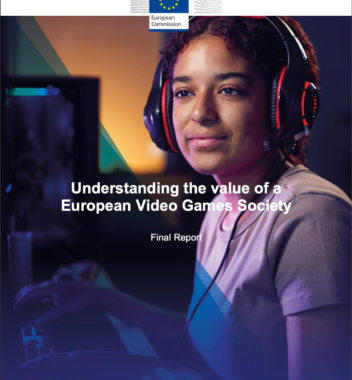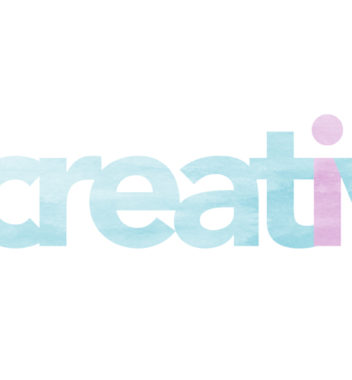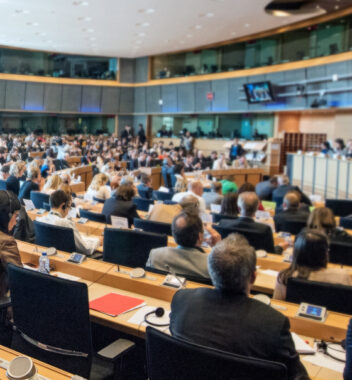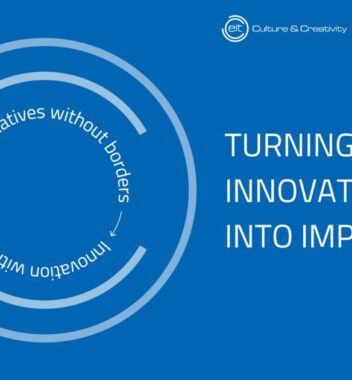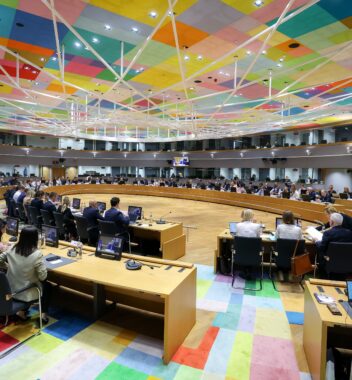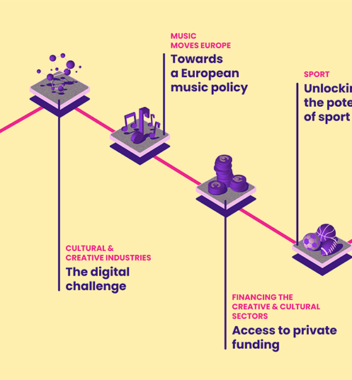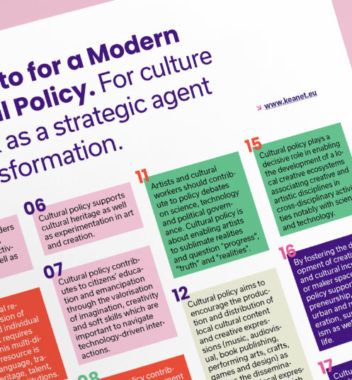
In March 2020, KEA completed a one-year strategic review of Slovakia’s policy measures to support the development of Cultural Industries (books and press; TV, film and video; radio; music and video games). In cooperation with the European Commission, KEA advanced a set of policy recommendations to the Slovak Ministry of Culture with a view to adapt policies, improve statistics and investment attractiveness of the local CCS. The Slovak Ministry of Culture is currently preparing its new strategic framework to develop Cultural and Creative Industries (CCIs) post 2020. Unprecedentedly, the Ministry made use of the EU-funded Structural Reform Support Programme (SRSP) to receive tailored-made strategic advice on Cultural Industry policy reforms.
KEA is proud to have been selected by the European Commission – DG REFORM to carry out this unique assignment bringing its 20-year experience in international cultural policy design.
KEA co-design approach as key success factor
KEA applied a multi-method approach to enrich and cross-validate its findings combining:
- Extensive desk research (notably on national and EU policy documents and regulations);
- Comparative analysis of cultural policy in three other countries (Czech Republic, Hungary and Poland) and review of main policy instruments to attract investment in CCIs in Europe;
- Consultation of more than 100 stakeholders (from public and private sectors) through structured interviews, two online surveys, five focus groups and two validation workshops in Bratislava.
The methodology allowed KEA to co-design the policy recommendations with local cultural stakeholders whether from the public or the private sector.
This rich analytical and collaborative process resulted in eight major deliverables. The most relevant include:
- An in-depth analysis of the current situation of Cultural Industries in Slovakia (AS-IS report). The report includes the key results of the market analysis (value added, employment, cultural participation) of the Cultural Industry sector for the period 2013-2017 and of the impact assessment of existing policy measures for the period 2016-2017.
- A set of policy recommendations (TO-BE report) to readdress the current Strategy of CCIs Development (2014-2020) towards the design and implementation of the future Strategy and Action Plan.
Main findings
The Slovak government has recognised the importance of cultural industries to support national economic and social development. Remarkably, Slovakia has earmarked EUR 270 million from the Integrated Regional Operational Programme (IROP) 2014-2020 to support the development of CCS in regions. It has also developed a modern understanding of cultural policy with a holistic approach aiming to enable cultural industries to benefit from other policy measures (innovation, entrepreneurship or territorial attractiveness) whilst recognising the specifics of the cultural sector. It is developing the conditions for increased inter-ministerial collaboration and pooling of resources in the interest of CCS.
The assignment identified the key challenges to be addressed by the future Strategy and Action Plan to ensure the development of a competitive cultural Industry in Slovakia.
The main policy recommendations included concrete measures with a view to:
- Develop better statistical information to inform policy making and to more accurately show the economic and social contribution of the CCS.
- Reinforce the capacity of the Ministry of Culture to design and implement future policy measures.
- Support the competitiveness of the local industry notably to attract investment and make the most of market opportunities.
More information about the project:
You can download the executive summary of the assignment.
KEA was supported by Vladimid Kmet’ on data collection and analysis.



